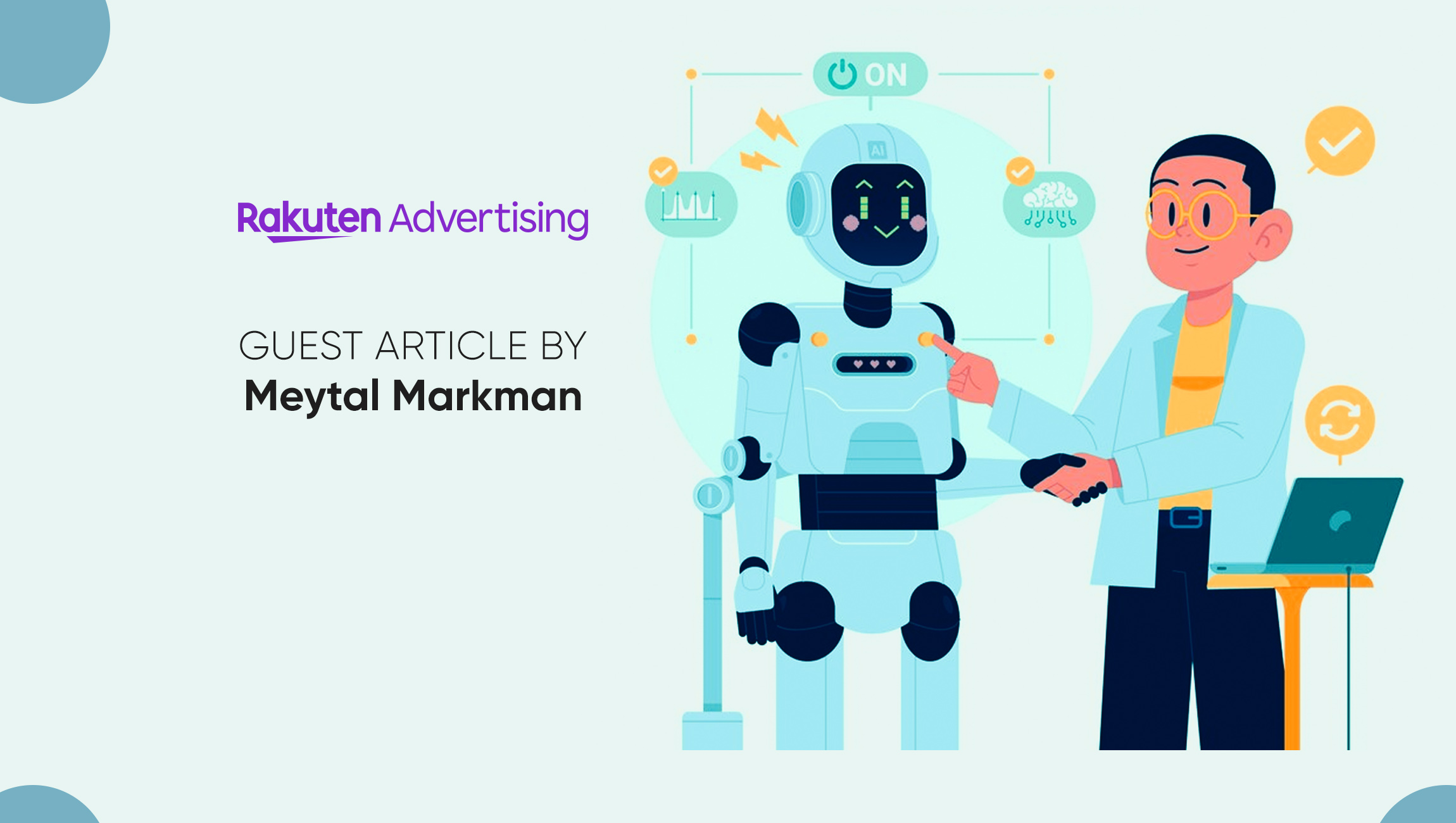Marketers, for the most part, believe that AI adoption is table stakes. Recent studies show that half of marketers believe that the lack of AI adoption is holding them back from meeting their goals, and an overwhelming 88% believe that AI implementation is necessary to stay competitive and meet customer expectations.
We have only scratched the surface when it comes to AI, and the technology is already widely regarded as “the future” in nearly every industry. The same is true in affiliate marketing, where AI adoption is rapidly underway and we’re starting to see the many ways that AI can help streamline processes and make smarter investments. But the real power of AI isn’t simply in the technology’s ability to remove operational inefficiencies.
With affiliate marketing, there’s a “human” side of things that simply cannot be replaced. An industry built on relationships and partnerships, affiliate is in a unique position to innovate in ways that amplify the value of relationships rather than replace them outright. We’re already starting to see AI capabilities come to the surface to help create stronger, more meaningful, and more fruitful connections between advertisers and publishers.
A Match Made in Heaven
One of the biggest ways AI is helping create more meaningful connections is in its ability to matchmake. With a strong network partner and robust first-party data, a publisher and an advertiser can both easily identify the right counterparts that match their audience and their business goals.
For example, a sportswear advertiser can find the right publisher partner for a new shoe launch that is specifically marketed toward young millennial women who play soccer and have a disposable income. AI doesn’t simply find the publishers with the largest relevant audience. Instead, it can find the most valuable partners. This gives publishers who might have smaller, yet active, audiences more visibility with new advertiser partners for whom they can deliver incremental sales. On the advertiser’s end, they can find new publisher partners who can reach more potential shoppers.
ALERT: Anomaly Detected
Beyond establishing new partnerships, AI can also help manage existing relationships and monitor for new opportunities or areas in need of attention. AI has exponentially improved anomaly detection for affiliate marketers. Marketers make data-driven decisions, and AI-driven anomaly detection helps surface the most valuable insights, enhance brand safety, and monitor tracking parameters.
On brand safety, AI can help marketers understand the context surrounding their affiliate links, including what other content is appearing on a particular page. Is the content contradictory to the brand? Are there inaccuracies in data points that might hinder brand perception? These are questions that can be automatically flagged and answered with the help of AI oversight.
Tracking is another major area of growth for AI in affiliate as it can become more convoluted and challenging, especially as first party data becomes more prevalent, government regulations continue to evolve, and consumer privacy measures become increasingly strict. AI-driven anomaly detection allows for real-time monitoring of these policy shifts and enables marketers to quickly adjust their strategies to maintain performance. AI is also helpful in beginning to address larger attribution challenges within the industry, whether it’s solving for duplicate commissions or calculating influence beyond the last click.
That said, “anomaly detection” gets somewhat of a bad rap. It isn’t only helpful in finding and fixing flaws and inaccuracies; anomalies can also bring great opportunities and potential areas of growth. AI helps bolster anomaly detection within emerging trends, for example. By analyzing patterns over time, AI can help detect shifts in user behavior to inform a real-time marketing strategy. This helps marketers capitalize on new opportunities and optimize their performance.
Marketing Technology News: MarTech Interview with Chris Koehler, CMO @ Twilio
Let’s Get Sentimental
Generative AI, specifically, is changing the way that affiliate marketers think about measurement. We’re used to measuring campaigns based on very general terms: click-through rates, conversion rates, ROI, sales, etc. Imagine being able to dive ten layers deeper to understand things like sentiment. Sentiment analysis uses natural language processing (NLP) and machine learning to measure the emotions and opinions expressed in any engagement – whether it be social media posts, customer reviews, blog comments, and more.
The goal is to not only measure what is happening but understand why it is happening. With a greater understanding of the “why,” a marketer can better understand how to influence the “what.” By merging performance metrics with sentiment data, marketers could gain a more comprehensive understanding of their campaigns. For example, a campaign might be performing well from a sales perspective, but sentiment analyses could reveal underlying positive or negative sentiments that explain the results. The marketer can then adjust the campaign to address areas in need of improvement, or double down on areas that are resonating well.
This sentimental data has unlimited potential, not only to help marketers build and adjust successful campaign strategies, but support larger corporate initiatives like monitoring brand perception, influencing customer and community engagement, and more.
Peeling the Onion
We’re only a few short layers deep into the potential use cases for AI, and this applies to any industry. There’s a sense of excitement and awe around AI within affiliate that is truly changing the ways in which we work, establish partnerships, and execute campaigns. We haven’t seen a technology make such a widespread impact on our industry since its inception.
Affiliate will always be driven by people and partnerships, but with the help of AI, those partnerships are being forged with greater confidence, better collaboration, and exponentially higher results. Smart organizations will partner with networks that offer robust AI solutions to get a head start in maximizing its potential.
Marketing Technology News: The Evolution of SEO: Embracing the M.E.E.E.A.T. Framework



